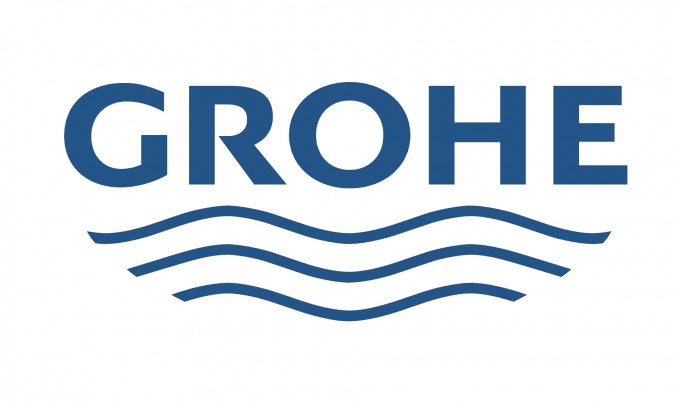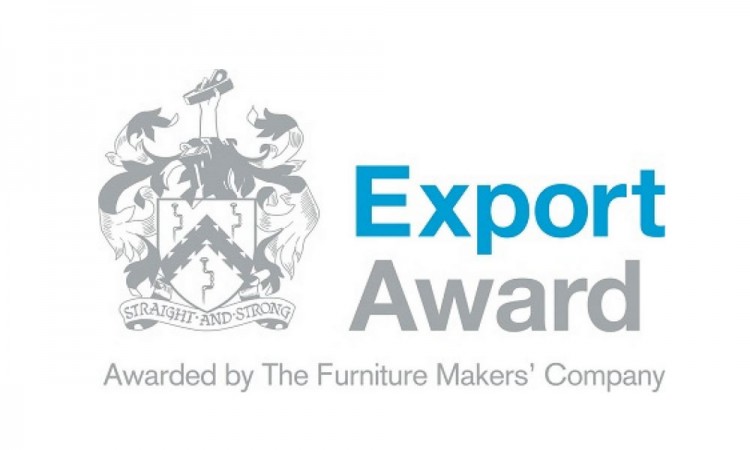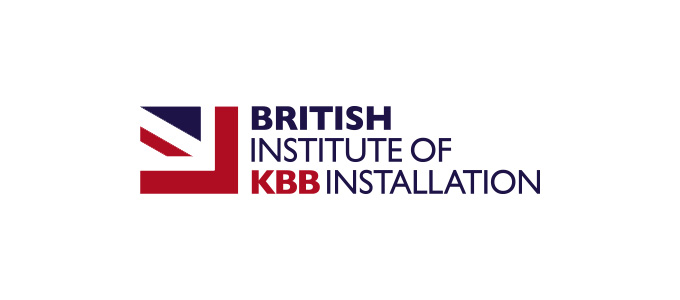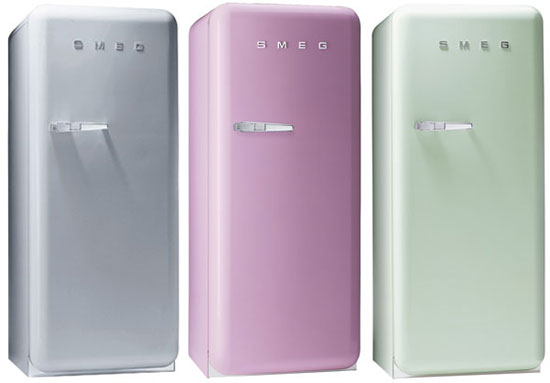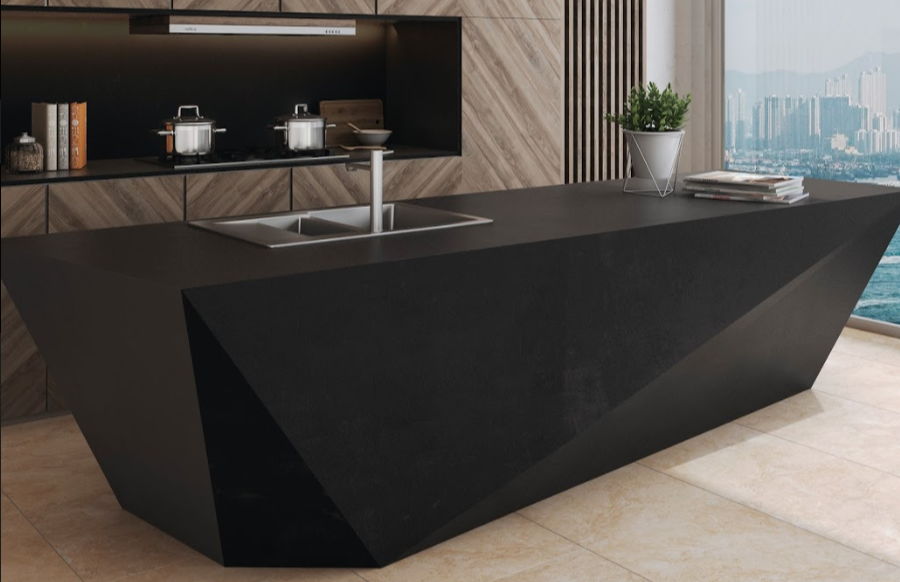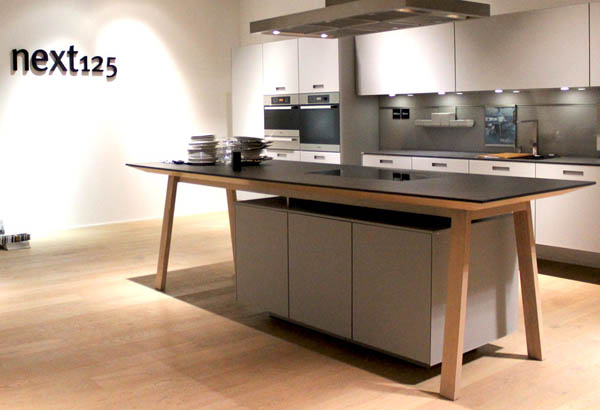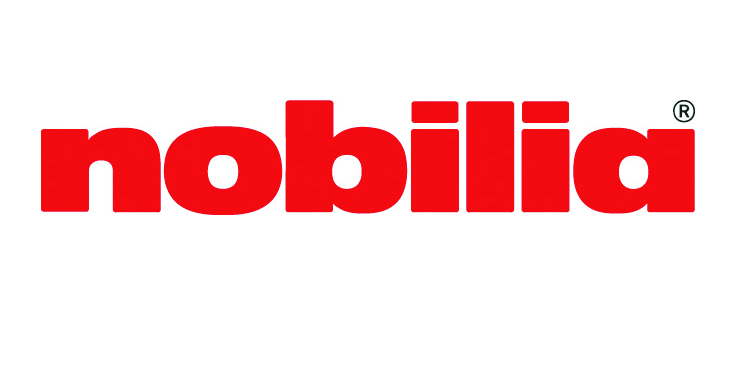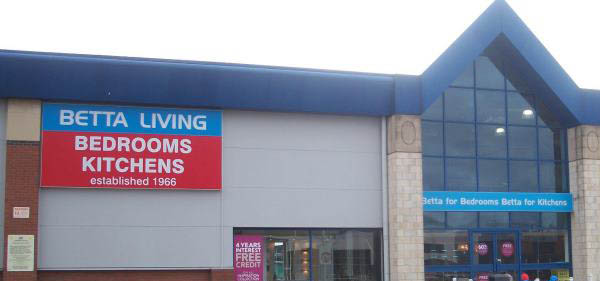The modern perception of luxury and luxury products is shifting, according to a recent study commissioned by Grohe and think tank Zukunftsinstitut, which found that whilst luxury was previously “largely equated with societal status and material wealth”, now, consumers consider products “that contribute to individual wellbeing and quality of life” to be more important than the products' monetary value.
We live in a world of constant change where our daily lives are characterised by such mega trends as digitisation, globalisation, sustainability, urbanisation, connectivity and demographic change. But what impacts are these trends having on personal lifestyles? In what way are our individual needs and values changing? And what, in consequence, do people regard as “luxury” today? Answers to such questions are provided in a new study on the topic of “Affordable Luxury” produced by Frankfurt-based think tank Zukunftsinstitut on behalf of GROHE. The world-leading manufacturer of sanitary fittings offers a range of products based on a clearly defined set of brand values, namely Quality, Technology, Design and Sustainability. To ensure that it can meet the expectations of consumers around the globe, the company regularly analyses the trends of our time. This way it gets a head start in developing innovations, which will be part of people’s everyday lives in future.
Individualisation of luxury
In previous times, luxury was largely equated with societal status and material wealth. However, this perception has changed. Today, only eleven percent of Germans, 21 percent of US Americans and 35 percent of Chinese consumers agree with the statement that they consider a product a luxury if it commands a particularly high price. There has been a shift in values to the extent that individual wellbeing and quality of life are seen as much more important than before. People’s perceptions of luxury are linked to their individual and cultural awareness. Around the globe, health and intact social structures rank high on the list of things, which are seen as desirable in life. While Germans appreciate having time to look after themselves (88 percent) and good education (87 percent), they consider monetary wealth (41 percent) and the ability to afford many nice things (39%) as being clearly less relevant. US Americans also want to enjoy life and have fun (85 percent). In China, great importance continues to be attached to monetary wealth (69 percent) and the ability to afford many nice things (81 percent).
In addition to this shift in values from external appearance to strengthening one’s own identity, the democratisation of luxury is another important point highlighted by the study. Many luxuries, which used to be the “exclusive” prerogative of a select group of people, are today accessible to the masses. This does not mean that these things are no longer considered luxuries, given that even discerning consumers today agree that luxury does not necessarily have to come with a big price tag. This development has mainly been driven by technological progress, the general increase in wealth, globalisation and easy access to typical luxury offerings via the Internet. Grohe AG CEO Michael Rauterkus says: “We are seeing this phenomenon also with our own products. In 2008, we launched GROHE Ondus®, the first line of digitally controlled faucets. This was an enormous breakthrough in terms of innovative technology and marked an important stage in our development. However, back then we were not yet able to manufacture this product in a way that would have made it affordable for everybody. Ten years on, in the age of smart technology, things have changed and we now offer a digital range, which is substantially different from the offering we started with.”
What determines a product’s perceived value?
Luxury cannot exist in a vacuum but is a construct of human perception, which makes it a highly subjective matter. Six relevant characteristics can be measured in order to gauge people’s perception of the value of a product: price, quality, practical and functional added value, design, exclusiveness and symbolic power. In China, in particular, products are considered valuable and desirable if they are comfortable to operate (86 percent), difficult to obtain or available only in limited numbers (54 percent), sought after (80 percent) and considered exceptional (65 percent). At the same time, Chinese respondents attribute a higher importance to sustainable and fair production (79 percent) than their counterparts in Germany (58 percent) and in the US (52 percent).
Quality is one of the key expectations of a luxury product in Germany and the US Both Germans and Americans consider products to be valuable if they offer longevity (77 percent in Germany, 75 percent in the US). However, in this context “quality” also means “quality of life”. Both Germans (73 percent) and Americans (72 percent) appreciate products which save them work and time. This is not a surprising result, considering how stressful life in today’s society can be and how much flexibility is expected of people. Technical features should not be an end in themselves; consumers acknowledge the value of modern technology only to the extent that it is felt to be sensible and useful. Technology is today expected to bring greater comfort and convenience. According to the Zukunftsinstitut researchers, this illustrates the shift in values towards non-material and intrinsic values.
This insight has received great attention at GROHE for quite a while. The manufacturer has long made a name for itself for innovations, which translate into excellent user-friendliness and a value-added consumer experience. The GROHE Rainshower® SmartControl shower system is a case in point. Its main shower unit puts direct intuitive control of all functions at the user’s fingertips. To realise this maximum level of comfort, the company’s R&D experts fused several technologies and optimised them for use in Europe, resulting in a highly functional shower control system with a uniquely convenient push-and-turn design.
Living space as a luxury: room for personal development and expression
The home plays a special role in people’s perception of luxury in that it is seen as a space for personal development and expression. According to Germany’s Federal Statistical Office, housing costs (including furniture and fittings) account for 40 percent of annual household spending in Germany, compared to 32 percent in the US and 25 percent in China. People around the globe appreciate comfortable living spaces and maximum quality of life, viewing their home as an oasis of relaxation (Germany 78 percent, US 69 percent, China 84 percent). Respondents attach importance to their home having a positive influence on health and wellbeing (Germany 78 percent, US 60 percent, China 84 percent), believing that it makes an important contribution to the widely shared goal of leading a healthy lifestyle and staying fit.
When it comes to outfitting bathrooms and kitchens, “high quality” is quoted as one of the most important criteria (Germany 44 percent, US 48 percent, China 35 percent). In addition, respondents in all the countries studied look for products offering convenient functions and high levels of comfort in both the bathroom and the kitchen. The GROHE Sensia® Arena shower toilet is a product that exactly meets such expectations of contemporary luxury in the bathroom. Using only water and warm air, it provides a touch-free cleaning experience, which leaves delicate skin thoroughly refreshed rather than irritated by paper and chemicals. All settings can be personalised via a remote control or using an app. While odours are immediately extracted, non-stick surfaces combine with innovative flushing technologies to keep the toilet radiantly clean, hygienic and germ-free. As such, GROHE Sensia® Arena meets contemporary expectations of luxury and user-friendliness while contributing to users’ health and wellbeing in a sustainable manner. Shower toilets are a relatively recent addition to the European sanitary market but have the potential to emerge as a standard category for outfitting luxurious and upmarket bathrooms.
The GROHE strategy is to offer innovative, high-quality products, which consumers perceive as relevant to their lives and as meeting their expectations in terms of intrinsic value and usefulness. This commitment is crystallised in the GROHE Blue® system, which delivers filtered and chilled table water straight from a special kitchen faucet. This means fewer time-consuming and fuel-guzzling trips to the grocery store, no heavy bottle packs to carry up the stairs and no need to worry about storage space for full bottles and empties.
Summed up, consumers’ perception of luxury has changed substantially in connection with the current mega trends. Instead of highlighting one’s status and indulging in exclusive privileges, the concept of luxury has shifted towards creating wholesome experiences for yourself, spending quality time and making everyday life easier. Perceived value is no longer determined by the price but rather by intrinsic qualities and personal quality of life. The fact that luxury – including innovative technologies – is today accessible to a broad group of consumers, does not detract from the significance of luxury nor from the role it plays in our lives. Reconciling these aspects is an important task for sanitary manufacturers, and GROHE is uniquely positioned to bring innovative products to the market to meet this exciting challenge.
About the study:
The study entitled “Affordable Luxury” was carried out by Frankfurt-based Zukunftsinstitut on behalf of GROHE. It is based on a representative online survey by market search firm YouGov, which polled 2,018 Germans between April 13 and 15, 2016, 2,170 US consumers between April 27 and 28, 2016 as well as 1,050 Chinese respondents between April 28 and May 5, 2016.
Founded in 1998, the Zukunftsinstitut think tank is considered to be among the most influential trend and futurist research institutions of its kind. Zukunftsinstitut has positioned itself as a central source of information and inspiration for all forward-looking decision makers whilst GROHE is one of the world’s leading provider of sanitary fittings. A global brand, the company has a workforce of around 6,000 people.
